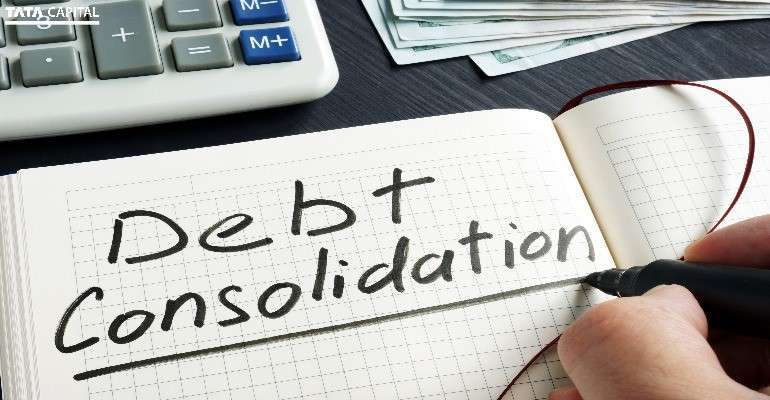You’ve finally decided to do something about all those bills coming in that, due to ever burgeoning interest rates, you can barely afford. You’re thinking about going the consolidation route, but you’re unsure what that all entails. And in any case, is debt consolidation a smart thing to do? Let us look.
What is Debt Consolidation?
Basically, it’s rolling multiple debts into one, using a personal loan or balance transfer credit card. The financial strategy streamlines payments, whereby instead of having several bills to worry about each month, of varying amounts and due dates, you’ll have a single payment, hopefully with a better interest rate.
What Are Some Kinds of Debt Consolidation?
Two of the top ways to consolidate debt include taking out a personal or consolidation loan or getting a balance transfer credit card for your high-interest debt.
Is Debt Consolidation a Good Move?
It is, for those who have a lot of high-interest debt, such as from credit cards. But it only really works if you credit good enough to qualify for an interest rate that’s lower than what you’re paying in the aggregate on current debts. Run a search for debt consolidation near me to find help with the strategy.
The bottom line is that consolidation is only a wise thing to do if your spending is under control. Otherwise, you’ll just find yourself back in another hole.
What Are the Advantages of Debt Consolidation?
For one thing, bill paying gets easier since you have just one payment. And that can improve your credit, since it reduces the likelihood that you’ll forget to make a payment or that you’ll make a late one. Plus, you’ll have a good idea of when your debts will disappear.
Consolidation could also help you to pay off your debts faster, IF you have a better rate. If that’s the case, consider toss in an extra payment when you can, since you’re saving money.
In addition, even if you have mostly low-interest loans, if your credit score is better than it was when you were applying for other loans, consolidation could lower your overall interest rate. That could save you cash over the life of the loan. Debt consolidation could also lower your monthly payment because your new payments will be stretched out over a potentially extended loan term.
Finally, consolidating your debt will at some point prompt a hard credit pull, which will temporarily ding your credit. In the long run, though, your credit could improve. How? Well, when you pay off credit cards and other lines of credit, that reduces your credit utilization rate, which helps your score. Your score will also improve over time simply by making on-time payments each month.
What Are Disadvantages to Debt Consolidation?
No financial strategy is perfect, so there are potential downsides to consider, including costs such as loan processing or balance transfer fees. You also don’t want to make the egregious mistake of getting stuck with a loan that has a higher rate than the one you have now.
What’s more, debt consolidation doesn’t remedy any issues that may have gotten you into your current state, such as overspending. For that, perhaps credit counseling or some such would help. You certainly need to create a budget and stick to it.
So, is debt consolidation a smart thing to do? As you can see, it certainly has its advantages. Size up your financial situation against what you see here and determine whether consolidating is the way to go – for YOU.
“Alcohol evangelist. Devoted twitter guru. Lifelong coffee expert. Music nerd.”
 The Press Stories
The Press Stories

